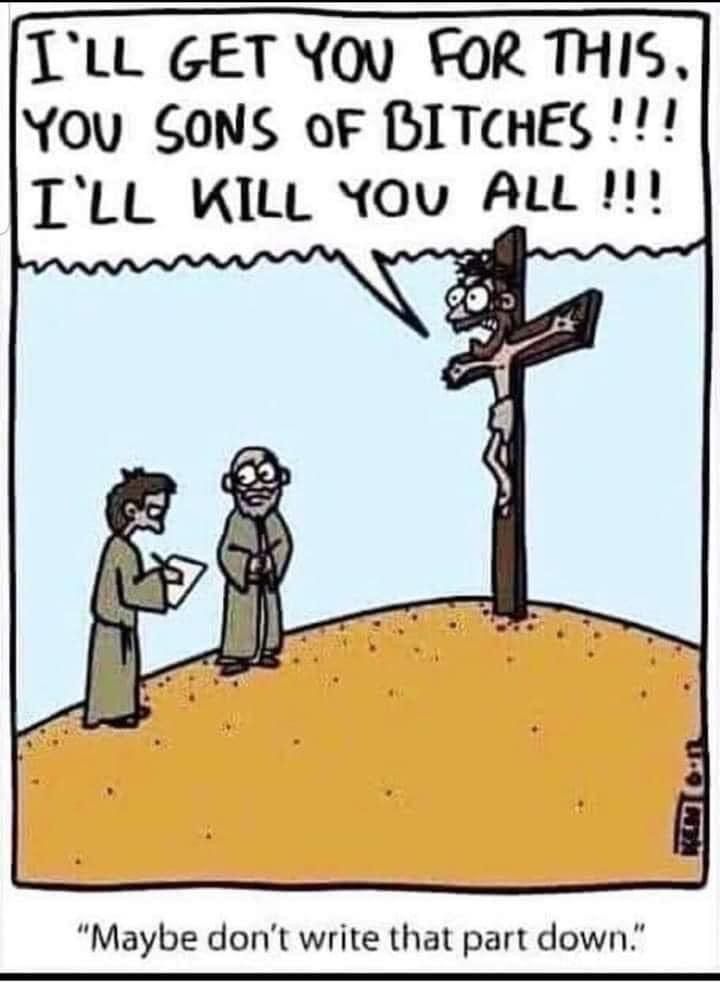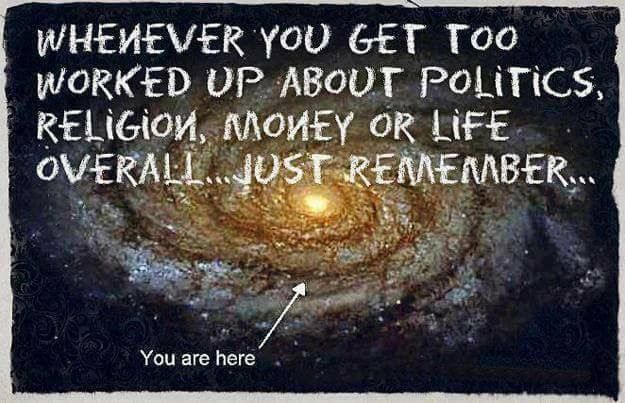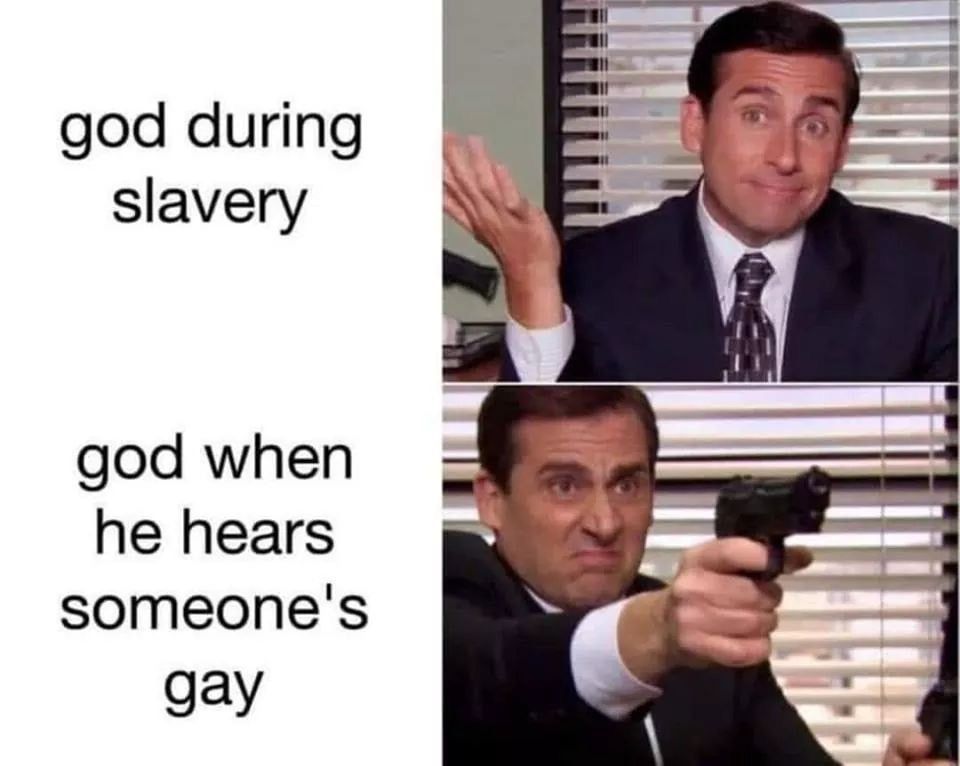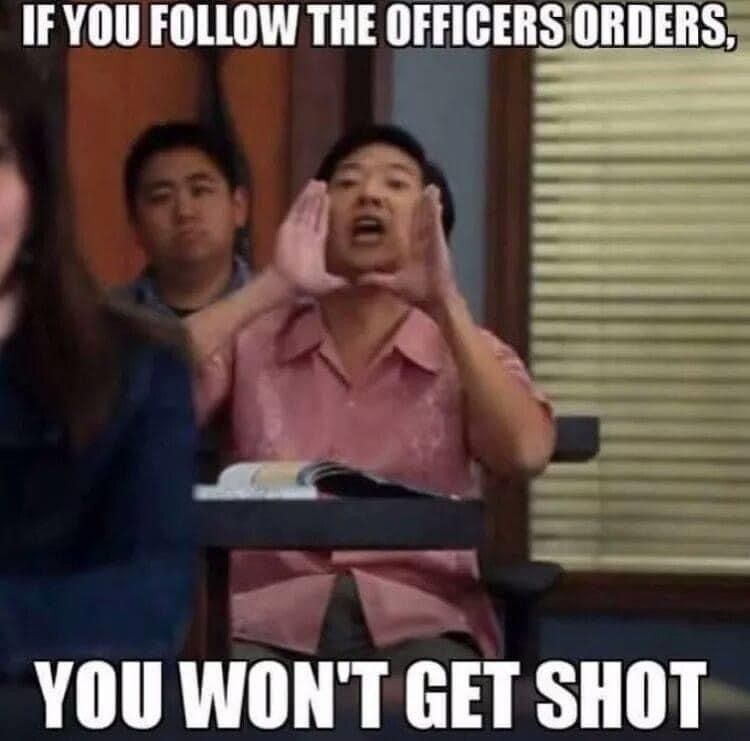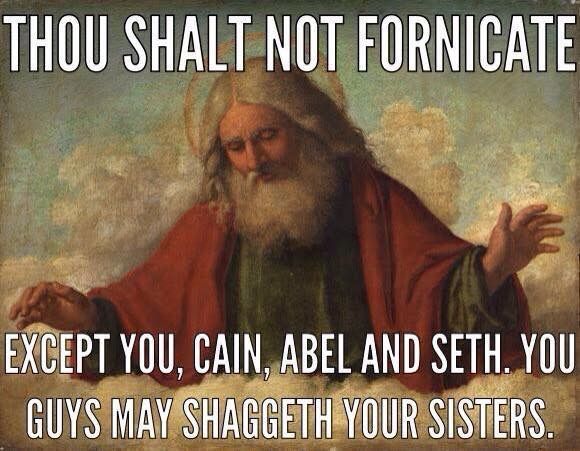Why I’m a Conservative — And Still Pro-Choice, Pro-Marriage Freedom, and Not Tied to Religious Extremes
Why Liberty Matters More Than Litmus Tests

The Myth of the Conservative Litmus Test
Too often, the loudest voices on the Right try to sell the idea that to be a “real conservative,” you must check every box: anti-abortion, anti-LGBTQ, and committed to legislating personal choices through a specific reading of the Bible. That’s not me. And I know I’m not alone. Conservatism has never required a religious test — and reducing it to one is a distortion.
What Conservatism Really Means
For me, conservatism is about smaller government, local control, free markets, strong families, and personal responsibility. It’s about liberty, not conformity. I reject the identity politics and victimhood culture that divide people by race or group instead of treating us as individuals. Some of my views lean independent, even libertarian — but they are rooted in the same principle: government should be limited, not all-controlling.
On Abortion and Consistency
I am pro-choice because I don’t believe government should own the most private, moral decisions anyone can make. If you believe in limited government, it has to be limited consistently — not just when it suits you. You can’t say “get out of my wallet” but then demand “get into my bedroom.”
On Marriage and Equal Protection
I don’t care who you marry. If two consenting adults want to build a life together, that’s their business. Equal protection under the Constitution belongs to everyone — not just the people your pastor might approve of. That’s not a “liberal” idea; it’s an American one.
Faith, Freedom, and the Contrived Narrative
I respect people of faith. I grew up with it. But I refuse the false narrative that to be conservative you must be a Christian or, worse, a fundamentalist. That is a contrived political line, not a conservative principle. Faith is personal. Conservatism at its best defends the freedom of conscience — the right to worship, or not, without government or party telling you how. When religion is used to dictate every plank of a party platform, it isn’t conservatism anymore. It’s moral authoritarianism hiding behind scripture.
The Founders Got It Right
Our founders understood this balance. John Adams, a man of faith, believed morality was inseparable from religion (Adams, 1811). Thomas Jefferson, the skeptic, literally rewrote the Gospels to reflect reason as much as belief (Jefferson, 1804/2004). They disagreed profoundly on doctrine, yet together built a system that protects freedom of conscience for all. They didn’t demand uniformity — they protected diversity of thought.
Goldwater’s Warning
Senator Barry Goldwater, the father of modern conservatism, saw the danger of merging politics with religious dogma. In 1981, he warned: “Mark my word, if and when these preachers get control of the [Republican] Party, and they’re sure trying to do so, it’s going to be a terrible damn problem. Frankly, these people frighten me. Politics and governing demand compromise. But these Christians believe they are acting in the name of God, so they can’t and won’t compromise. I know. I’ve tried to deal with them.” (Goldwater, 1981).
Goldwater was right. Today we see the rise of what some call Christian nationalism — a movement that insists America must be governed not by the Constitution but by their narrow interpretation of scripture. This is exactly what Goldwater feared: politics warped into religious absolutism, compromise replaced with dogma, and liberty traded for the illusion of moral certainty. Conservatism was never meant to be a pulpit; it was meant to be a defense of freedom. When faith becomes weaponized for power, it stops being faith and starts becoming the very authoritarianism conservatives are supposed to resist.
Room for Conservatives Like Me
There must be space for conservatives who want secure borders, free enterprise, local control, and strong communities — without demanding that government enforce one religious view of morality. Some would call that independent or libertarian. Fine. But we only have two viable parties, and I’ll put my energy into the one that still fights for liberty, free speech, and law and order.
An Honest Conservative
So yes — I’m conservative. I just won’t surrender my voice to the moral scolds who confuse conservatism with theocracy. Liberty isn’t something you apply selectively. It’s something you defend fully, for everyone. If that makes me a “bad conservative” in some eyes, I’ll gladly wear the label. I’d rather be an honest conservative than a false one.
Why This Matters
Conservatism is supposed to be about liberty, responsibility, and the protection of individual rights. But when it gets hijacked by those who demand that everyone live under their version of “God’s law,” it stops being conservatism and starts becoming theocracy. That’s not freedom — that’s moral authoritarianism.
Barry Goldwater saw this danger more than forty years ago, and his words still echo: the moment religion becomes the litmus test for conservatism, compromise dies, liberty shrinks, and the movement eats itself from within. Today’s wave of Christian nationalism — calling for biblical law to replace constitutional law — is not a continuation of conservatism, it is its corruption.
Why does this matter? Because if conservatives don’t hold the line on liberty, nobody will. The Left already embraces government overreach in the name of equity and control. If the Right embraces government overreach in the name of religion, Americans are left with no side defending individual freedom. That would betray the very essence of what the Founders built, what Jefferson and Adams debated, and what Goldwater warned about.
Real conservatism doesn’t demand religious conformity. It demands fidelity to the Constitution, protection of personal conscience, and limits on government power — even when you disagree with how someone else lives. Without that, “freedom” becomes just another word twisted to mean “freedom for me, but not for thee.” And that’s not conservatism. That’s tyranny dressed up in Sunday clothes.
References
- Adams, J. (1811). Letter to Benjamin Rush, December 21, 1811. In C. F. Adams (Ed.), The works of John Adams, Second President of the United States (Vol. 9). Little, Brown.
- Goldwater, B. (1981). Statement to the U.S. Senate, September 16, 1981. Congressional Record.
- Holmes, D. L. (2006). The Faiths of the Founding Fathers. Oxford University Press.
- Jefferson, T. (2004). The Jefferson Bible: The Life and Morals of Jesus of Nazareth. Beacon Press. (Original work published 1804).
Disclaimer:
The views expressed in this post are opinions of the author for educational and commentary purposes only. They are not statements of fact about any individual or organization, and should not be construed as legal, medical, or financial advice. References to public figures and institutions are based on publicly available sources cited in the article. Any resemblance beyond these references is coincidental.

